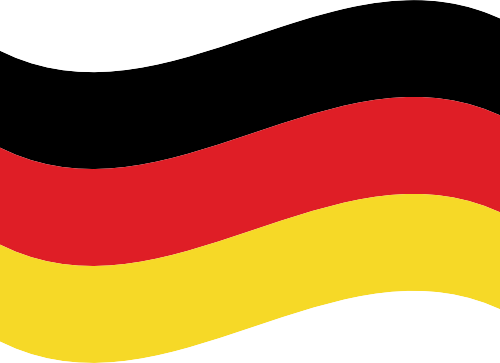- Alphadi Deutschland GmbH
- +49 561 949 189 0
- info@alphadi.org

PMI stands for Project Management Institute and deals with the implementation of projects, divided into 5 process groups. There are various approaches, such as the classic approach, in which the project is planned in great detail, and agile approaches, which deal flexibly with changes. A combination of approaches is also possible.
You will learn about the differences between the approaches and be provided with techniques for planning, executing, controlling and monitoring projects.
The Project Management Institute (PMI) is a globally recognized organization dedicated to promoting and advancing best practices in project management. Founded in 1969, PMI has a long history of supporting professionals and organizations in the effective planning, execution and control of projects.
PMI offers a variety of resources and services for project managers and organizations, including certifications, training, publications, research and networking events. PMI’s best-known certifications include the Project Management Professional (PMP) and the Certified Associate in Project Management (CAPM), which are globally recognized qualifications for project managers.
The PMBOK (Project Management Body of Knowledge) is a central PMI tool that defines best practices, standards and frameworks in project management. It provides a comprehensive overview of the key concepts, processes and techniques used in project management and serves as the basis for the development of PMI certifications and training.
PMI also plays an active role in promoting research and development in the field of project management. Through initiatives such as the PMI Research Program and the publication of professional journals and books, PMI contributes to the advancement of project management and helps professionals keep abreast of the latest trends and developments in the industry.

With more than 4,000 projects and case studies, Alphadi is a leader in the field of Lean Six Sigma and Sales Process Engineering. We advise you holistically so that your goals are achieved sustainably and in the long term.
2025 © All Rights Reserved.